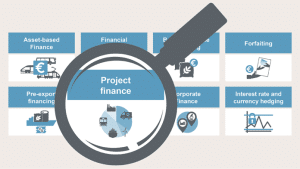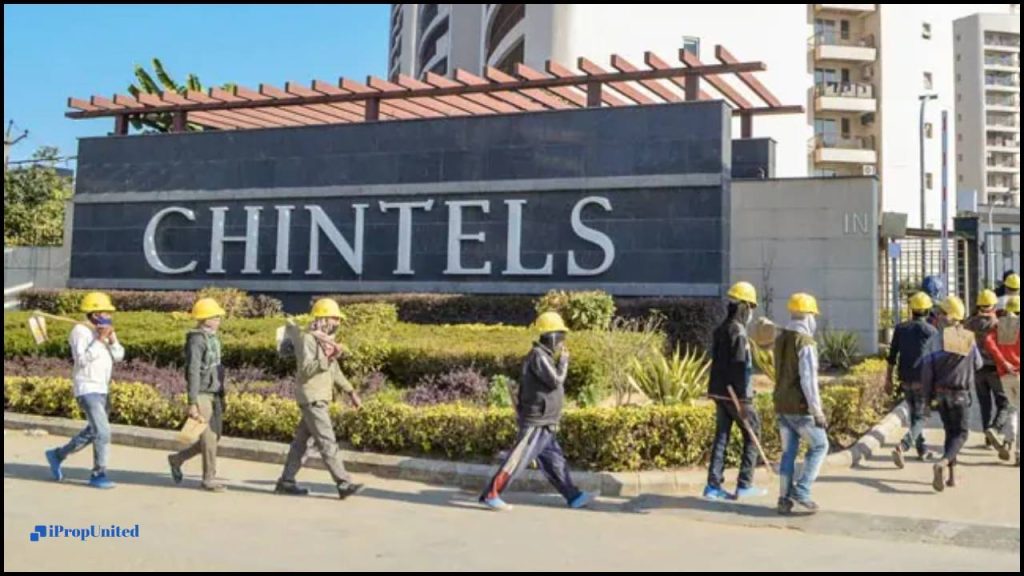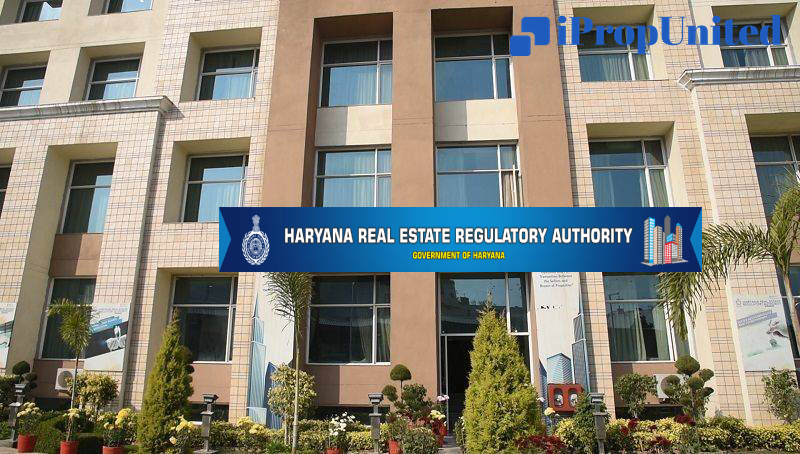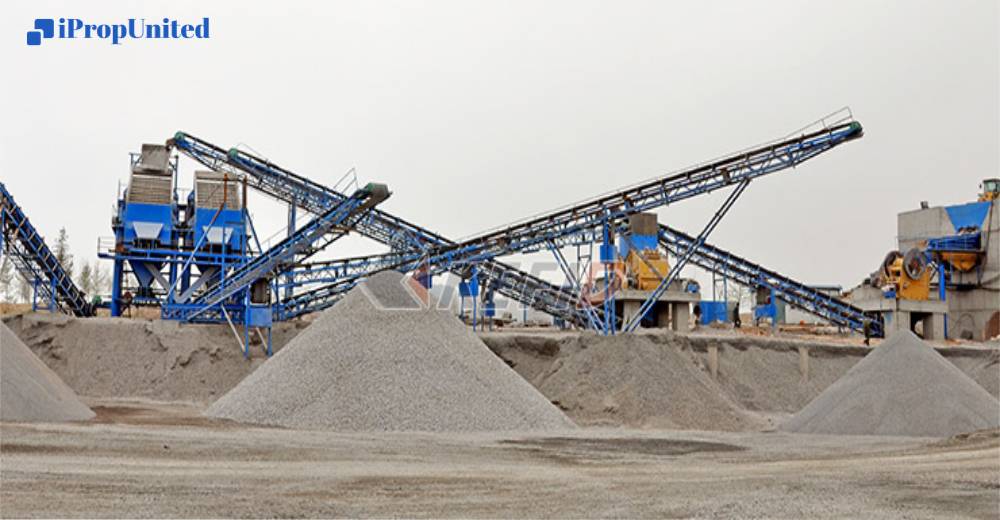Investing in buying a home is one of the biggest investments that everyone wants to make in life. The home loan wouldn’t have come into the picture if buying a home was that easy. While people have the pleasure of proudly owning a lavish home or a dream domestic, there’s the load of repaying the house loan that was once availed. Yes, it is a burden because we have to spend half of our lives minting money only to pay our debts. Well, home loans are blessings but they can turn into disguise if certain mistakes are not committed.

1 . Depending on DSA
How does anyone get a Home loan or any loan for that matter? There is a DSA or Direct Sales Agent who is responsible for fulfilling the target of the bank. This is the main reason that whenever you approach a bank manager or office, he or she will always route you to this so-called DSA. They have mutual agreements to help each other in order to fulfilling their key responsibility areas. If you approach the bank manager, you are breaking their easy process. A DSA helps you in getting the loan approved but what you don’t get is the transparent picture of the home you are about to acquire. For this, you need to have everything in writing. After the DSA has forwarded your loan application, ensure that you meet the higher authority or someone from the Bank once before you understand every term and condition. Don’t just agree because you have heard, do that when you have learned.
2 . Paying more:
This situation happens to those who are really worked up and want the loan process to get approved as quick as possible. Why hurry when you can wait for things to go smooth and without any hassle? When you are stressed and display that on your dealings with the DSA, they take advantage of the situation. They either add additional charges which a borrower is not aware of or ask for extra money for the faster approval of the application. You should always remember that as a consumer you have the right to information. Whatever you have to pay should be documented for proof somewhere. Many people pay those extra charges without even raising their eyebrows. That’s where we falter.
3 . Fear of Rejection:
Rejection of loan has gotten imbibed in people so much that they tend to believe anything that the loan guy tells them. You should relax. Rejection means you are not ready for a loan on the present day. Try getting the loan applied a little later. It might get accepted. Patience is better than hurrying into some illegal means that is shown by the DSA or Home Loan Department. When you encounter such situation, do make it a point that you check with the seniors in the Bank or check on the Bank’s website. The best way is to mask your fear.
4 . Signing everywhere:
The anxiety of getting a home loan rules a borrower’s mind to such an extent that in order to save time and expedite the process, he or she blindly signs on every part pf the document indicated by the loan representative. Do you know by signing you are giving approval to certain points that you may have objection too? Spare some time and read the documents through for not being duped by those loan machines.
5 . Original Documents Submitted:
Submission of the original documents is a part of the whole loan approval process. Banks, at times, can’t keep track of the documents of every customer and that carelessness can impact you in a big way if you are careless too. Many borrowers have shown this trend in the past where they had submitted original documents to the banks which they never got back. How do you rectify this? You surely can. Write an email with all the necessary details after you submit your original documents. Also, seek an acknowledgement to your email.
A home Loan isn’t always a mistake. The mistake is getting a few things done and a few things undone during the process.
Make the system stable and rational for you in preference to being surrounded by so many virtual facts that you only hear and see nowhere written.
You are educated, wise, and experienced. Be wise, ask questions, be brave and don’t be a victim to such practices.













